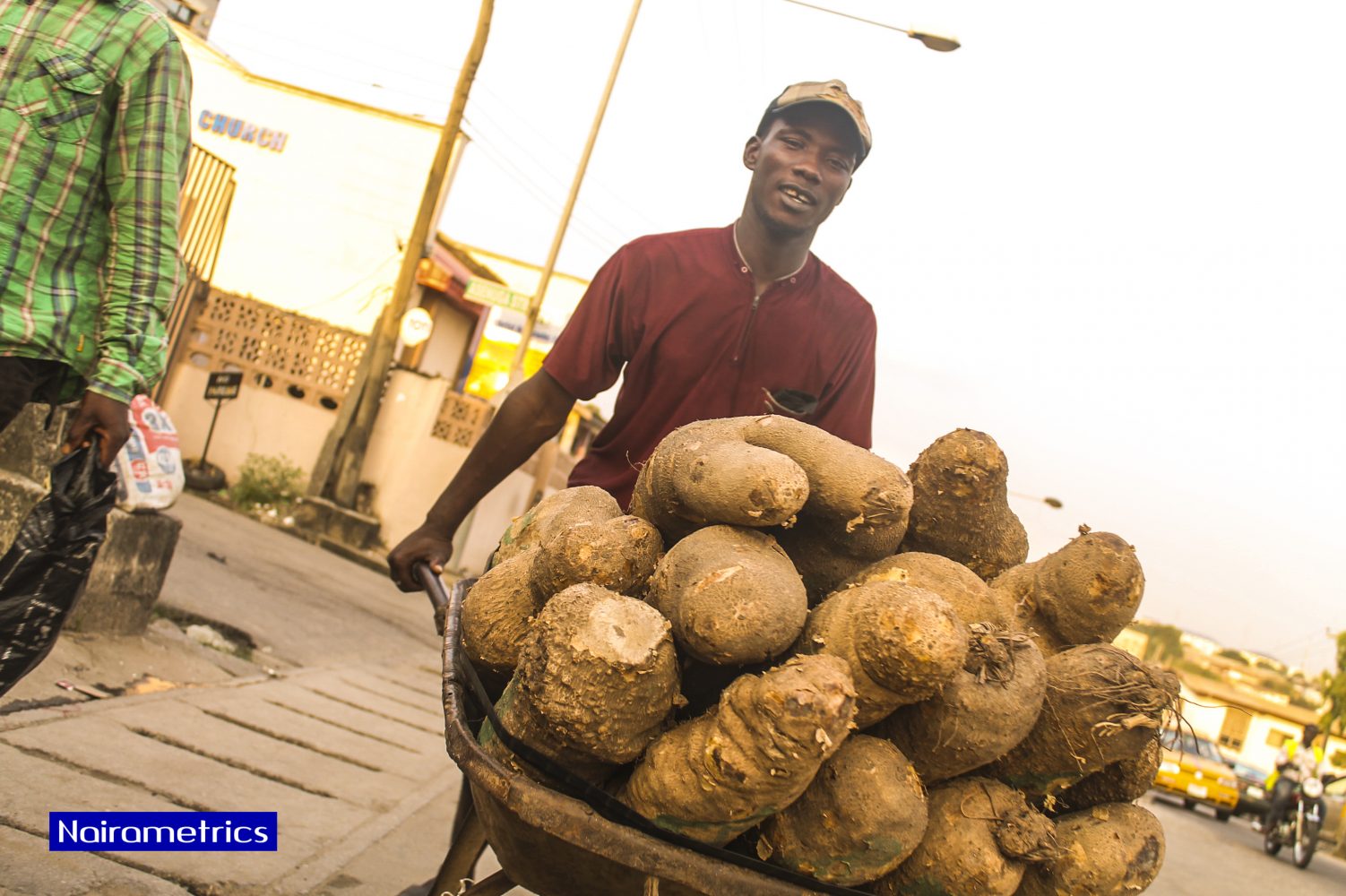Nigeria today has 21 commercial banks, 942 microfinance banks, and numerous financial technology (fintech) and mobile money operators, yet the Nigerian adult population is under-banked. A bulk of this unbanked population comprises rural dwellers, farmers and petty traders.

According to Central Bank of Nigeria (CBN) Director of Banking and Payment System, Dipo Fatokun, financial inclusion is the access to financial services that are available to the adult population in any given economy. Such financial services include payment, insurance, pension, etc. The more the number of adults who have access to financial services, the higher the financial inclusion.
The CBN had set a financial inclusion target of reaching 80 per cent of the total adult population by 2020, but presently, Nigeria is not on track to meet this target which was set out in the National Financial Inclusion Strategy (NFIS) of 2012. The NFIS had set two financial inclusion targets for the year 2020: an overall financial inclusion rate of 80% of the adult population and a formal financial inclusion rate of 70% of the adult population. As of 2016, just 58.4% of Nigeria’s 96.4 million adults were financially served and only 48.6% of all adults used formal financial services.
CBN’s combative approach in its move to regulate fintech is also not helping the cause, as the approach is seen to protect banks which have not been able to reel out products that can further financial inclusion.
Out of curiosity, Nairametrics set out to find out how the unbanked get access to financial services. In our quest, we met Abeeb, a yam seller from northern Nigeria, who moves his merchandise around, using a wheelbarrow in Lagos.

Shockingly, Abeeb thinks he doesn’t need a bank account, as he prefers his money with him. He said that he usually keeps his money in a bag, which he considers secure and he is not ready to lose his money to any bank through unnecessary fees; more so, he thinks he doesn’t have enough money to open a bank account.
“I keep my money with me in a safe bag. I don’t need an account.
“I don’t want any bank to take my money as charges, and my money is not enough to open an account.” – Abeeb
When asked how he gets money across to his family, he said he sends it through someone to the village. Abeeb risks his life everyday he keeps his money on him, as he could be robbed. Also, his trusted friend could divert his funds and come up with some excuses.
Obviously, Abeeb’s challenge happens to be proper education on how owning a bank account could minimise his risks and help to easily transfer funds to relatives in the village. The onus of educating the populace is on the government, who though spend billions on education, fail to do much in this area.
In the same vein, Ayebabomote Beinmonyo, a fisherman from Igbokoda Ilaje in Ondo State said:
“We don’t know these banks here. Even from my grandfather down to my father, we don’t know these banks.
“As I am talking to you, we have our local way of organising things – local banking. I have N7 million in this local bank.” – Beinmonyo
Ebipade Timiebi-Whyte who is an Ilaje youth leader, also confirmed Beinmonyo’s assertion. He said,
“There are no banks around so, we rely on thrift collectors – commonly known as Ajo – who will take the money to the bank on our behalf.
“If we decide to use the banks in town, we have to travel a minimum of 30 minutes to get to town, which is not cost effective.
“At the bank, they often keep us for close to two hours unattended to and we don’t have that kind of time to waste.”
Casmir Egemba, a spare part trader at the popular Ladipo spare part market, said he has not been able to get loans from banks to support his business. He said they often have requirements that he can’t fulfil.
“Banks are not willing to provide loans to us, they only want us to come and open accounts with them.
“Anytime we ask for loans, they will ask us to open a current account, have specified minimum balance and transact with it for a specified period. Even when you end up asking, they will say they can’t give loan to small business like mine.
“Also, the interest is even too high, it’s more than 30%.” – Egemba
Supporting Egemba’s comment, Emmanuel Sunday, a grocery shop owner, believes that banks are enemies of small businesses.
“Banks always come up with requirements that we can’t meet to access loan, whereas these guys that do Ajo come to us and encourage us to save to have enough money to support the business.
“I will rather use the Ajo people than the banks”, Sunday said.

How are different financial institutions closing the gap?
Though the challenges are far from over, some financial institutions have started rolling out products and services targeted at the unbanked.
First Bank of Nigeria Limited currently has Firstmonie agents in all 774 local government areas in Nigeria to serve those who don’t have direct access to the banking halls. According Chuma Ezirim, head of First Bank e-business division:
“The services provided by the agents are the same services you will be offered inside a FirstBank branch.
“Through the agents you can open an account, deposit money, withdraw money as well as check your account balance, all within your locality.”
He further stated that the bank is looking at increasing the number of Firstmonie agents to cover more rural areas.
Online payment solution, Paga is also doing something along the same line, where agents get commissions for withdrawals. Charles Enilama who lives in Olayemi – an interior residential area after Ayobo, close to Ogun State – said he relies on Paga to make withdrawals because it will cost him close to N1,000 to get to the bank along Ayobo road.
Microfinance banks and fintechs are also providing collateral-free loans to small businesses.
What can be done to salvage the situation?
Obviously, ignorance has played a great role in preventing the unbanked from getting formal financial services. This can be reduced through active corporate social responsibility (CSR) by banks to create the needed awareness among the adult population, especially the rural dwellers.
There is need for the regulators, operators and the banking populace to collaborate. Dipo Fatokun, CBN’s Director of banking and payment system, said this is the only way that Nigeria can drive financial inclusion.
Mobile network operators (MNOs) can also provide mobile money services to subscribers. MTN has recently announced its plans in that regard. MTN is planning to obtain a payment banking license in Nigeria by the second quarter of 2019. Considering that they have the largest market share in the telecom space in Nigeria and many of these unbanked are existing subscribers, this will go a long way in reducing the unbanked population in Nigeria.















.gif)






